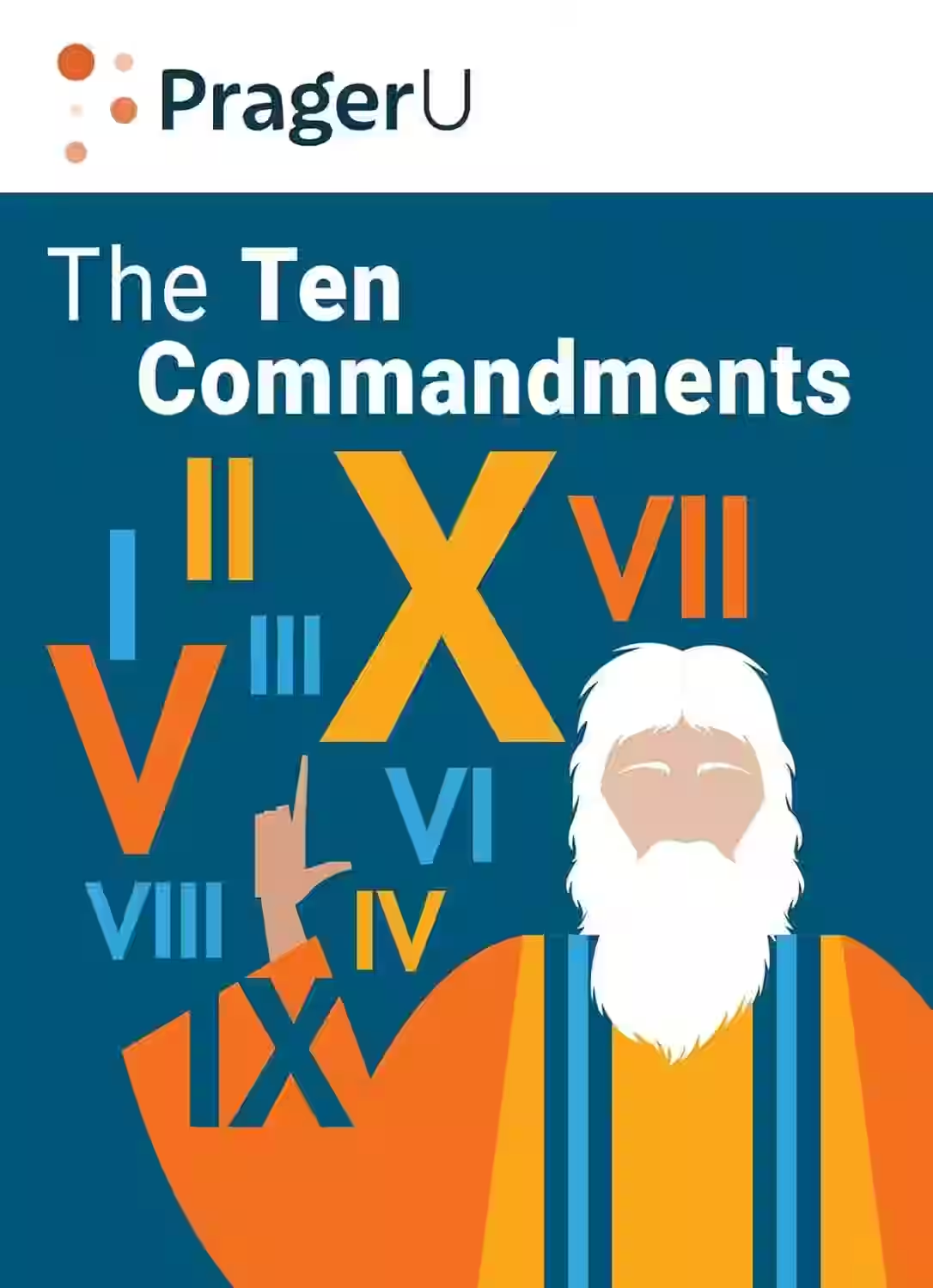
In 'The Ten Commandments: Still the Best Moral Code,' Dennis Prager explores the timeless relevance of the Ten Commandments in today's society. Drawing from his background in philosophy and religion, Prager delves into each commandment, discussing their moral significance and practical applications. Through insightful analysis and real-life examples, he argues that following these commandments can lead to a more ethical and fulfilling life. Prager's writing is clear and thought-provoking, making complex moral concepts accessible to readers of all backgrounds. This book challenges readers to reflect on their values and consider the enduring wisdom of the Ten Commandments.
About Dennis Prager
Dennis Prager is a renowned American author, public speaker, and media personality known for his insightful commentary on ethical, political, and cultural issues. With a prolific career spanning several decades, Prager has authored numerous influential works, including 'Happiness is a Serious Problem' and 'Still the Best Hope: Why the World Needs American Values to Triumph.' Through his writing, Prager has captivated audiences with his thoughtful analysis and practical wisdom, challenging readers to consider fundamental questions about morality, society, and personal fulfillment. As a prominent conservative voice, Prager has made a significant impact on literature and public discourse, engaging readers with his thought-provoking perspectives.
Other Books by Dennis Prager
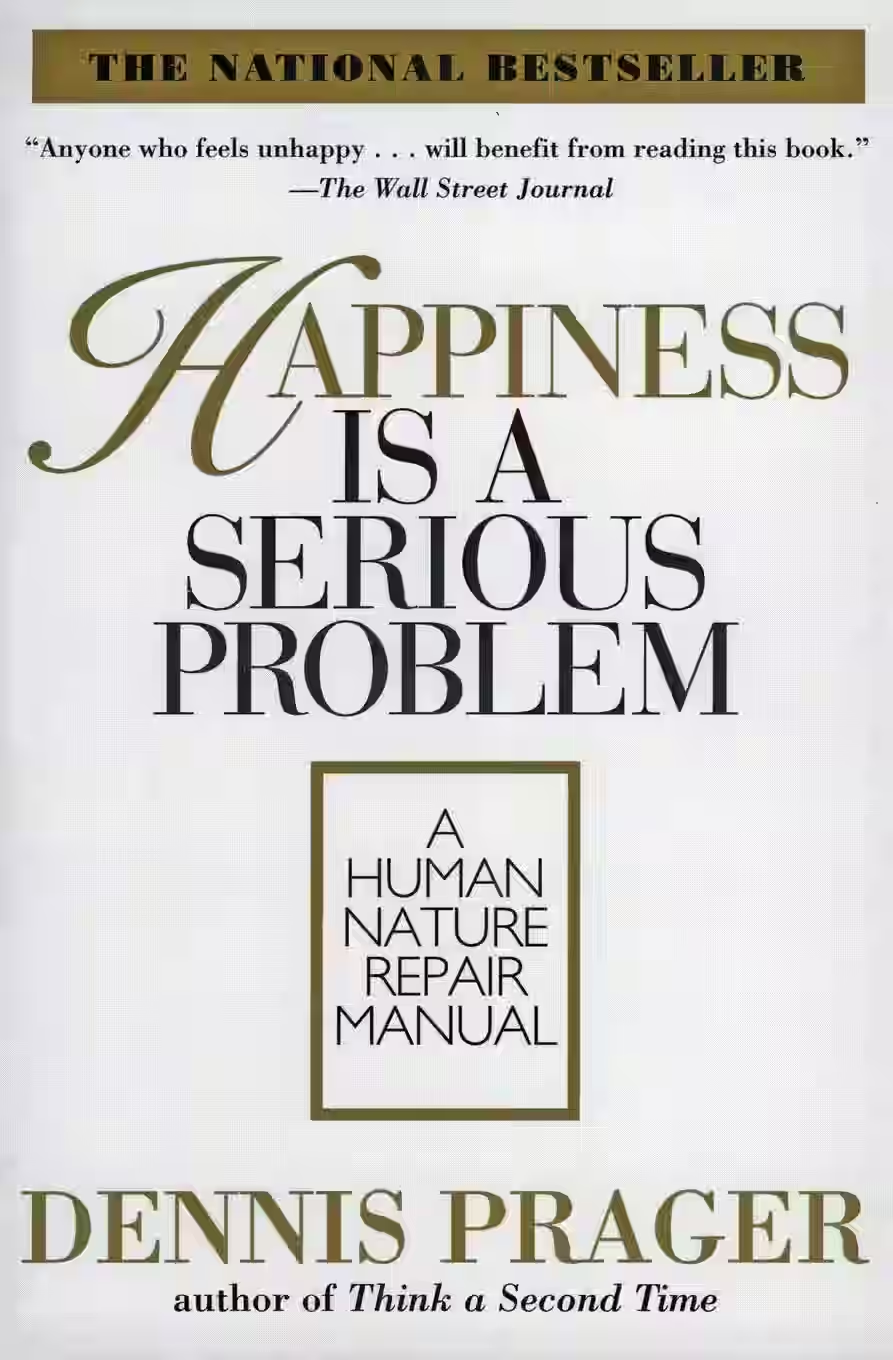
Happiness Is a Serious Problem: A Human Nature Repair Manual
In 'Happiness Is a Serious Problem: A Human Nature Repair Manual' by Dennis Prager, the author delves into the complexities of achieving true happiness in a world filled with seemingly insurmountable challenges. Drawing on philosophical insights, psychological research, and personal anecdotes, Prager provides readers with a thought-provoking guide on how to navigate the pursuit of happiness. Through discussions on gratitude, self-acceptance, and the importance of personal responsibility, the book offers a roadmap for individuals seeking a more fulfilling life. Prager's conversational writing style and practical advice make this book a valuable resource for anyone looking to cultivate a deeper sense of contentment.
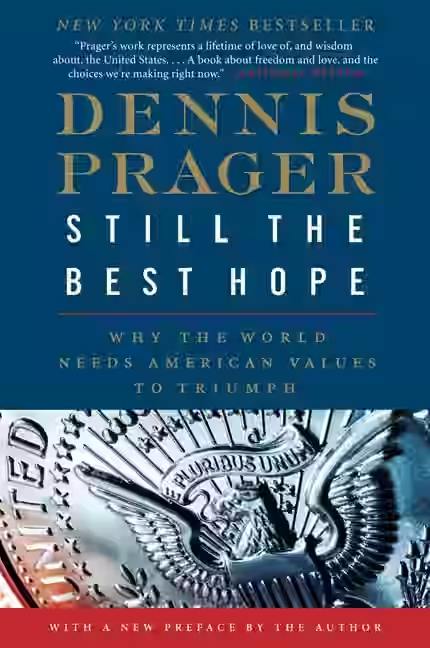
Still the Best Hope: Why the World Needs American Values to Triumph
In 'Still the Best Hope: Why the World Needs American Values to Triumph,' Dennis Prager passionately argues for the universal significance of American values in the face of ideological challenges. He dissects the contrasts between the American Trinity of Liberty, In God We Trust, and E Pluribus Unum and the Left, Islamism, and nationalism, positing that the American value system offers the best path forward for humanity. Prager delves into historical contexts, philosophical reflections, and current societal issues, presenting a compelling case for the enduring relevance of American ideals. This book is a stirring call to uphold and promote these values globally.
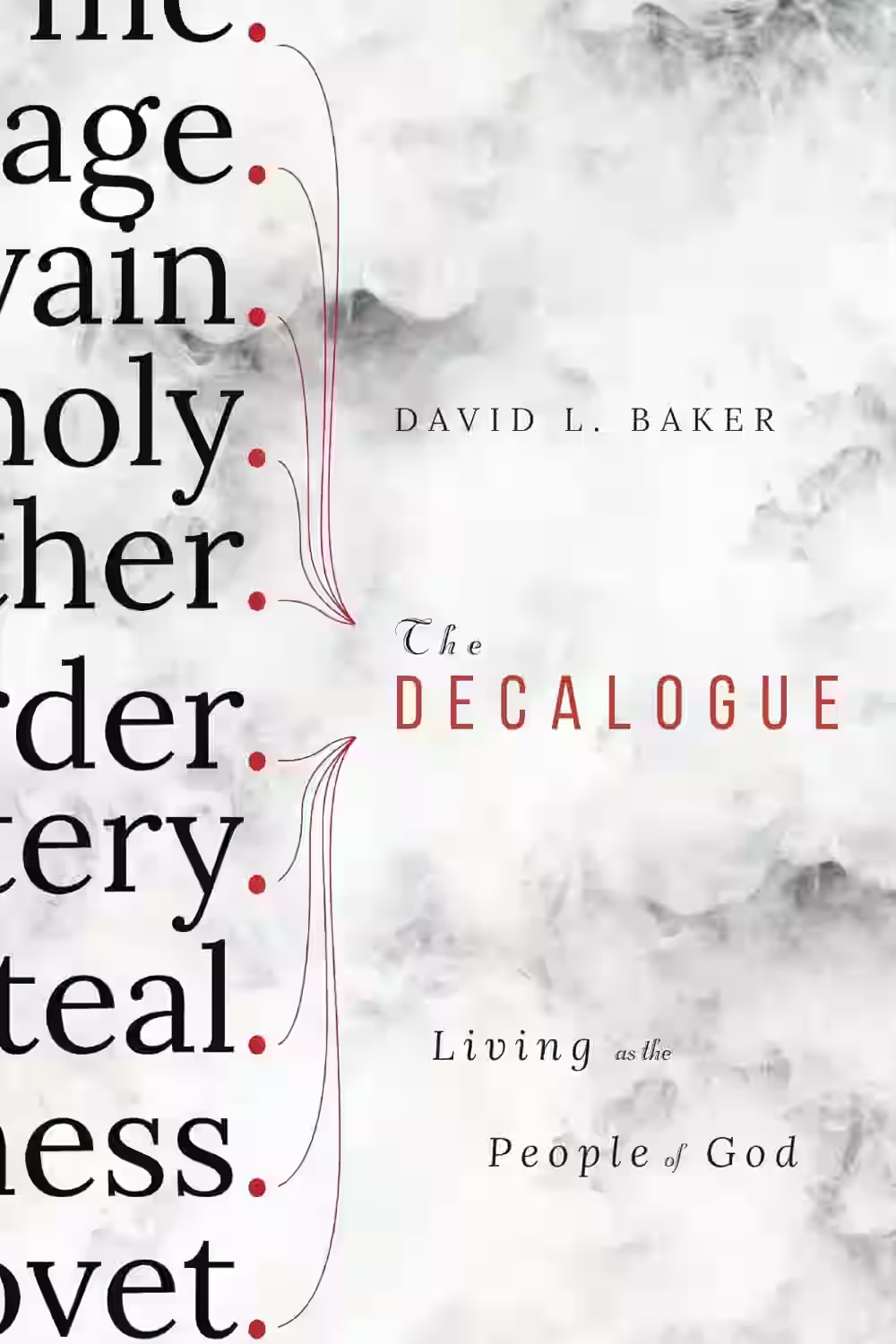
The Decalogue: Living as the People of God
In 'The Decalogue: Living as the People of God,' Dennis Prager delves into the timeless wisdom and relevance of the Ten Commandments for contemporary society. Through insightful analysis and practical examples, Prager illustrates how these commandments can serve as a moral compass for individuals and communities seeking guidance in a complex world. He explores themes of ethics, spirituality, and personal responsibility, offering a compelling argument for the enduring significance of the commandments in shaping our lives and relationships. This thought-provoking book challenges readers to reflect on their values and actions, sparking meaningful conversations about faith and morality.

The Rational Bible: Genesis
In 'The Rational Bible: Genesis' renowned author and radio host Dennis Prager offers a thought-provoking analysis of the first book of the Bible. Through a rational and philosophical lens, Prager delves deep into the moral and ethical lessons found in the stories of Genesis. He explores themes like the nature of God, the human condition, and the importance of individual responsibility. Prager's writing is accessible, engaging, and insightful, making this book a compelling read for both believers and skeptics. By examining the text with a contemporary perspective, 'The Rational Bible: Genesis' prompts readers to reflect on timeless questions of faith, morality, and the purpose of human existence.
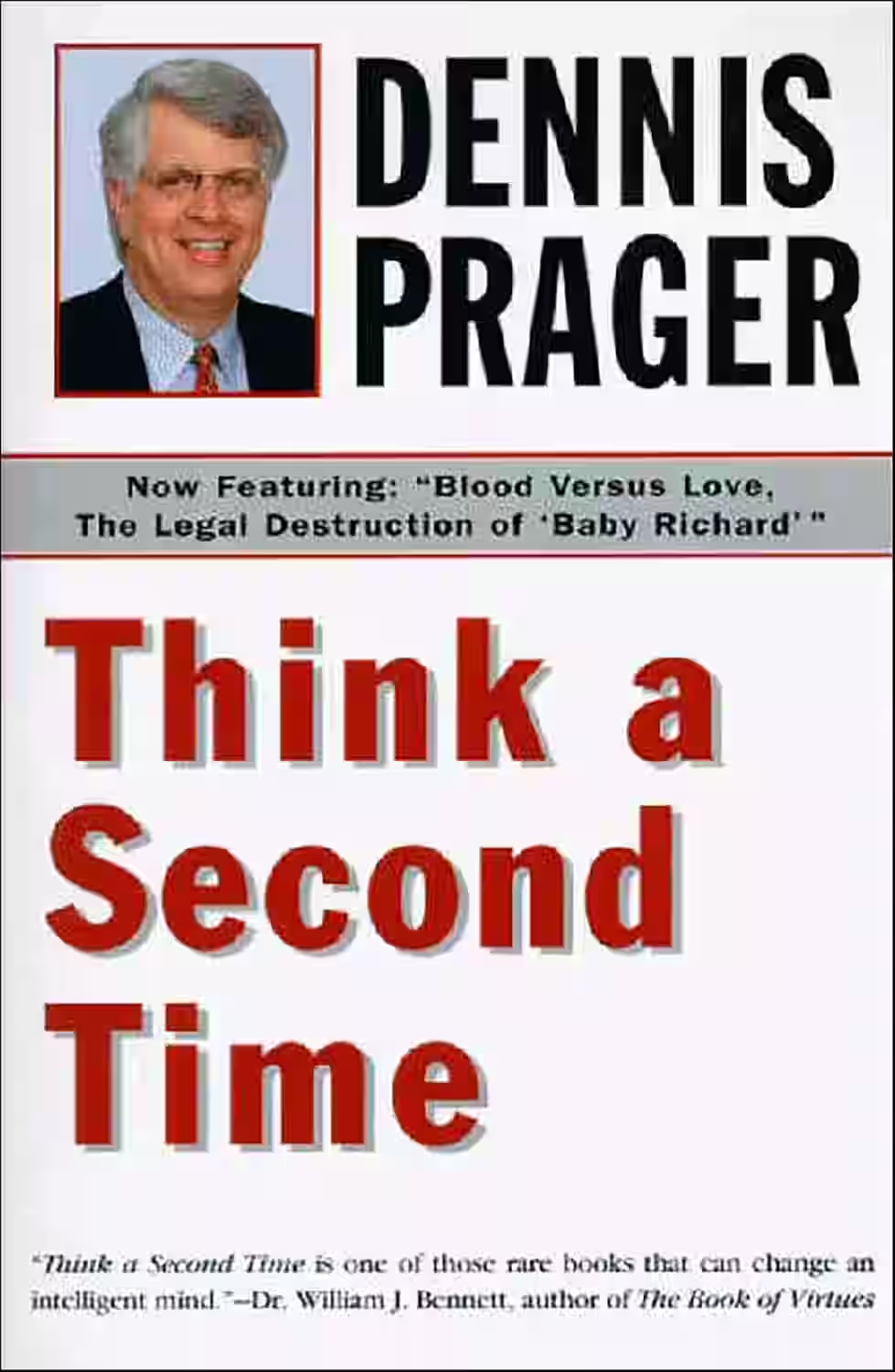
Think a Second Time
In 'Think a Second Time' by Dennis Prager, readers are taken on a thought-provoking journey through a collection of essays that challenge conventional wisdom and encourage critical thinking. Prager delves into various topics such as happiness, morality, religion, and politics with clarity and insight, prompting readers to reconsider their beliefs and perceptions. Through his engaging writing style and compelling arguments, Prager inspires reflection and dialogue on important issues that are relevant in today's society. This book serves as a powerful tool for stimulating intellectual curiosity and fostering a deeper understanding of the world around us.
Similar Books

The End of History and the Last Man
In 'The End of History and the Last Man,' Francis Fukuyama explores the concept of the end of history, arguing that liberal democracy represents the final form of government and the ultimate goal of human socio-political development. Fukuyama delves into the Hegelian idea of humanity's journey towards a universal state of freedom and democracy, positing that the fall of the Soviet Union marked the realization of this vision. However, he contemplates the challenges to this theory, particularly the rise of identity politics and challenges to the liberal democratic order. This thought-provoking book continues to spark debates on the future of global governance and ideology.
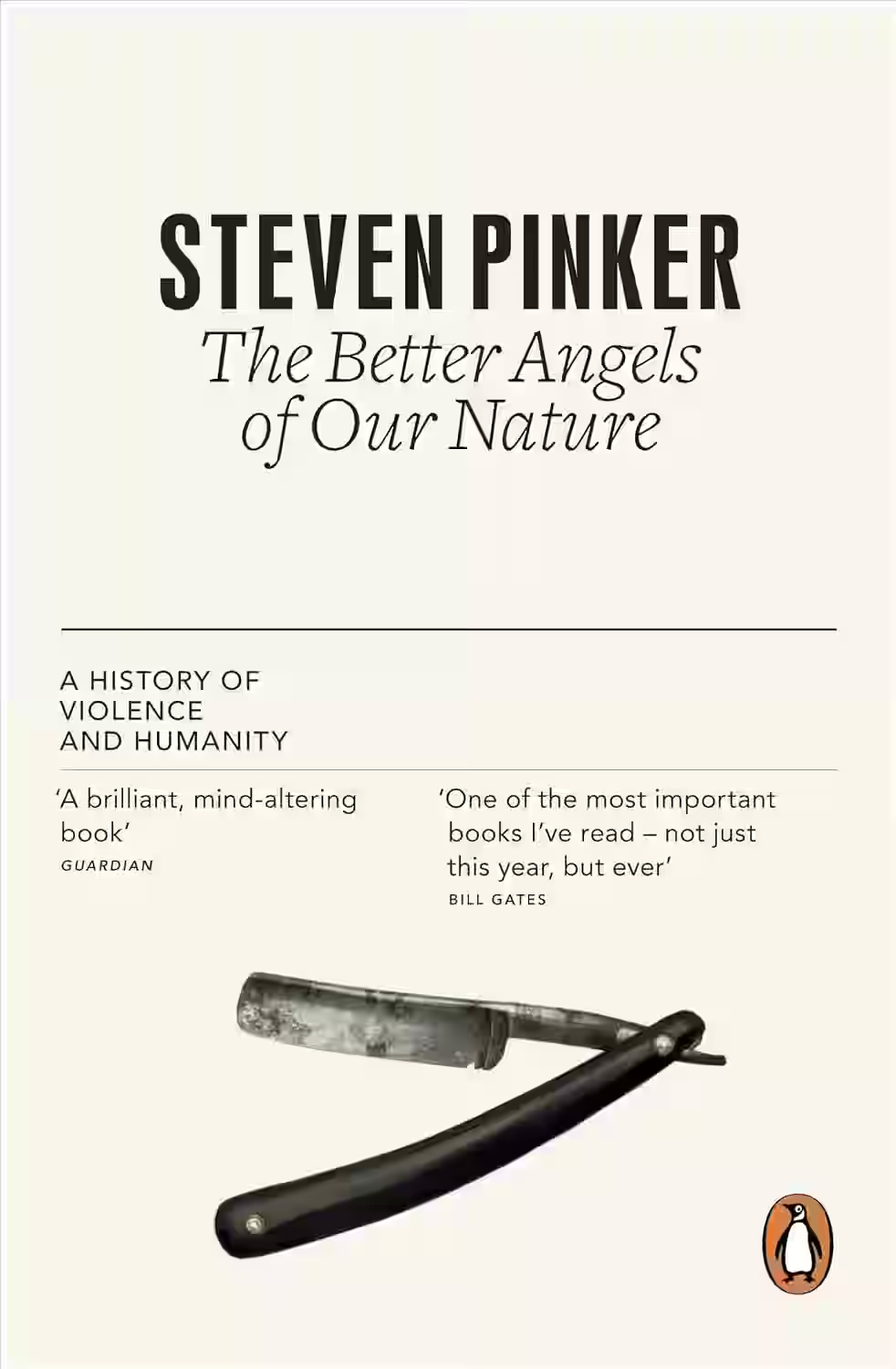
The Better Angels of Our Nature
In The Better Angels of Our Nature, cognitive scientist Steven Pinker argues that, contrary to popular belief, violence has declined significantly over human history. Drawing on data from psychology, history, and political science, Pinker examines how societal changes—such as the spread of literacy, trade, and centralized governance—have contributed to a more peaceful world. He identifies forces like empathy, reason, and moral progress as "better angels" guiding human behavior. Though controversial, the book provides a compelling, data-driven narrative that challenges pessimistic views of human nature and makes a bold case for the progress of civilization over the centuries.
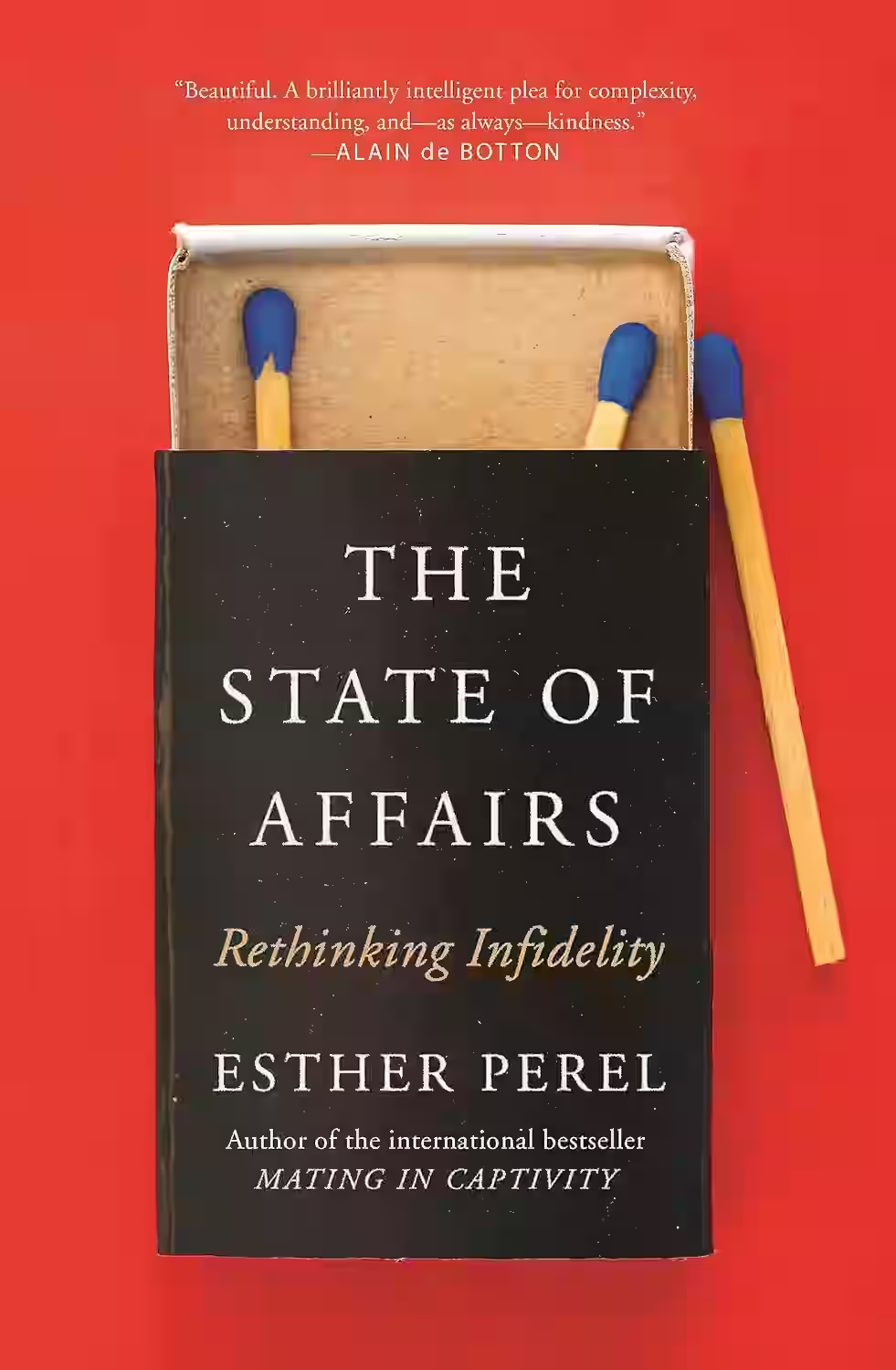
The State of Affairs: Rethinking Infidelity
by Esther Perel
In 'The State of Affairs: Rethinking Infidelity,' renowned psychotherapist Esther Perel delves into the complex and often taboo subject of infidelity, challenging conventional notions and exploring the myriad reasons behind why people cheat. Through insightful anecdotes and compelling research, Perel explores the impact of affairs on relationships, individuals, and society as a whole, offering a fresh perspective that encourages empathy and understanding rather than simplistic judgment. Delving into themes of desire, deception, trust, and personal growth, this book presents a nuanced and compassionate exploration of a universal but often misunderstood aspect of human relationships.
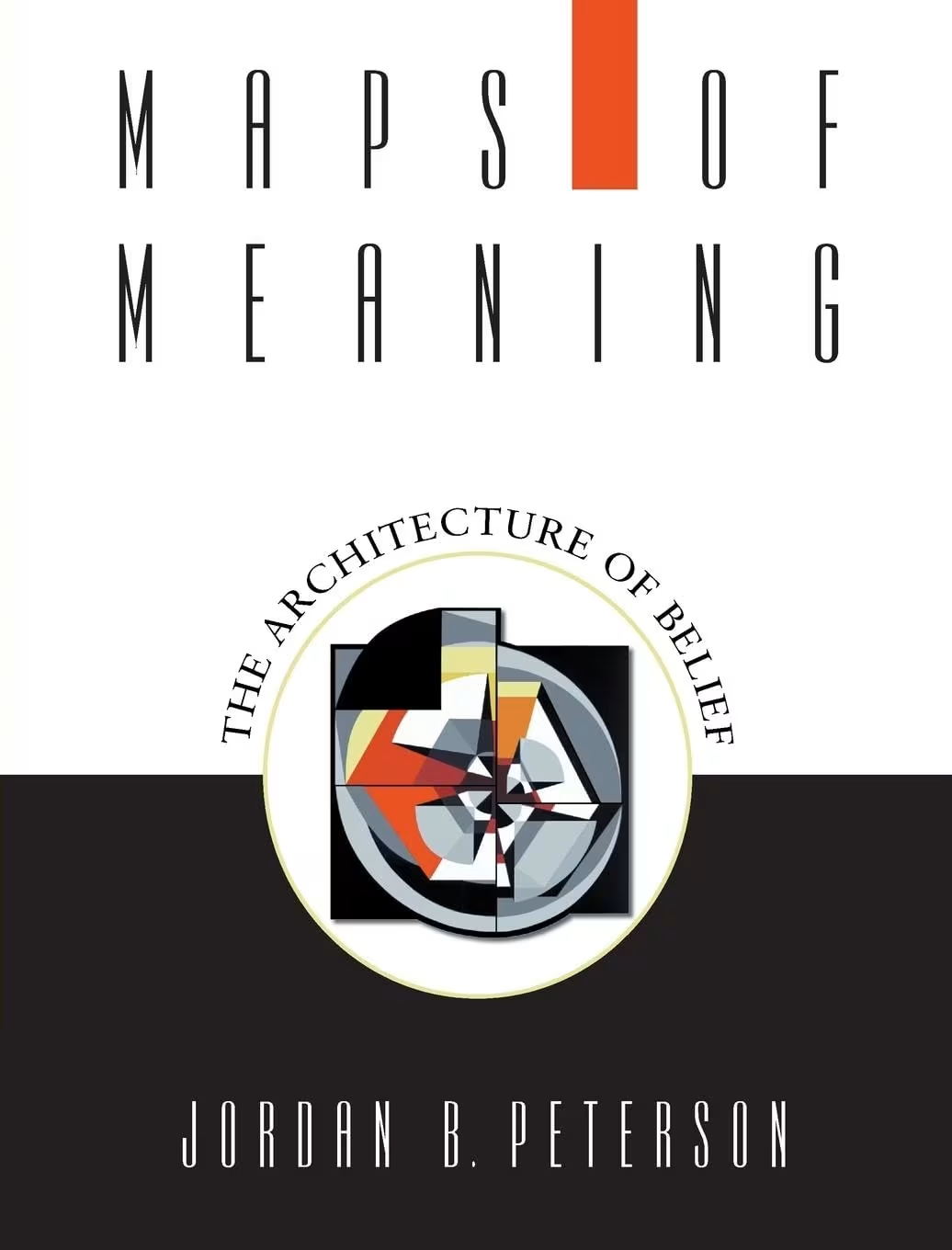
Maps of Meaning: The Architecture of Belief
In 'Maps of Meaning: The Architecture of Belief,' Jordan B. Peterson delves into the exploration of symbolism, religion, and the human psyche. By dissecting myths, psychology, and philosophy, Peterson uncovers the underlying patterns that shape our beliefs and behavior. He delves into the concept of chaos and order, elucidating how individuals navigate the complexities of existence. Through a blend of academic rigor and accessible language, Peterson offers readers insights into the nature of meaning and the power of storytelling in shaping our understanding of the world. This thought-provoking and intricate book challenges readers to contemplate the structure of their beliefs and the profound impact of culture on our lives.